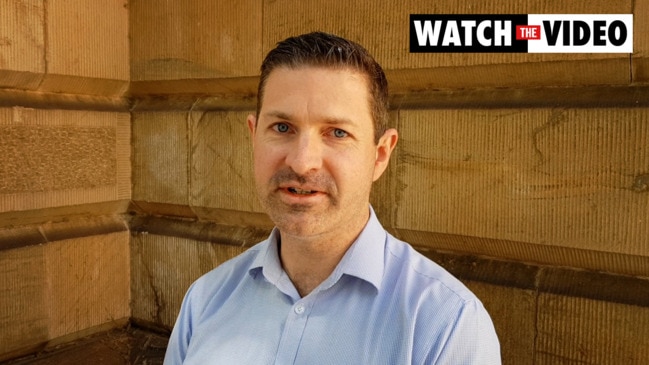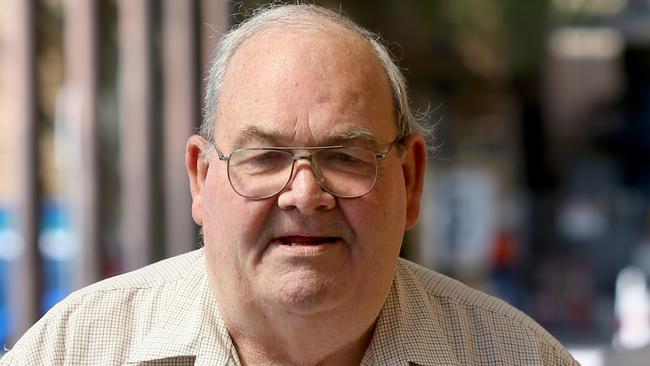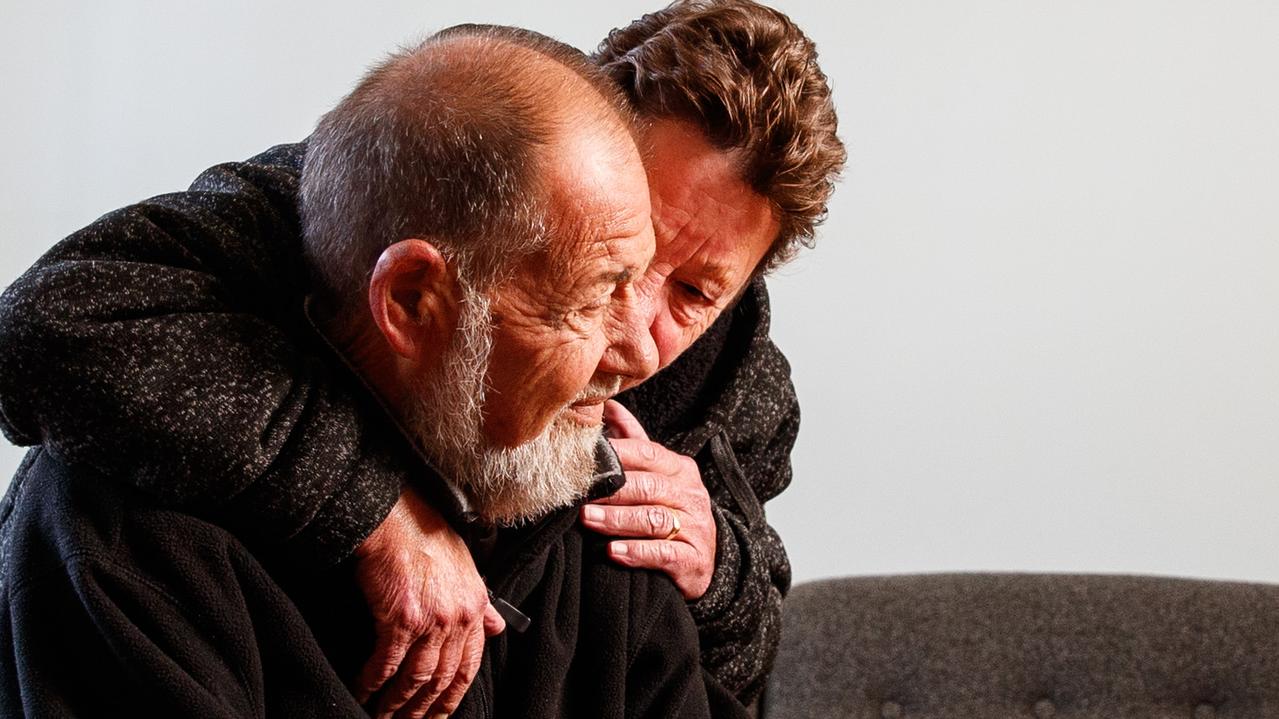Grant Dansie, son of murdered woman Helen Dansie, speaks out as killer father prepares for High Court challenge to conviction
Wife-killer Peter Rex Dansie will challenge his conviction in the High Court – the couple’s son says it’s the latest in his father’s long history of vindictive games.

Police & Courts
Don't miss out on the headlines from Police & Courts. Followed categories will be added to My News.
Grant Dansie waited almost five years to lay his beloved mother, Helen, to rest – frustrated at every turn by the courts, Covid-19 and his own father.
Because Helen was murdered by her abusive husband Peter Rex Dansie in 2017, her ashes became evidence in an ongoing series of criminal trials and appeals.
“Mum had been in a prosecution office, or a police office, just on a shelf until (Dansie’s) appeal was rejected in November 2020,” Grant said on Wednesday.
“I live and work in Norway, and I really wanted to come home straight away to lay her to rest but it was just impossible due to the pandemic and travel restrictions.”
Last week, Grant was finally able to return to Adelaide and reunite with Helen’s relatives.
They planned to inter her remains at Centennial Park, alongside her father and brother, last Saturday.
However, just 24 hours before the service, Grant’s lifelong nightmare reignited as the High Court agreed to hear Dansie’s final, last-ditch appeal against his murder conviction.
While the funeral went ahead, Grant now faces a six-month wait for the appeal’s outcome.
If it succeeds, a retrial and further set of appeals could take another three years.


“It felt like an absolute gut punch, like this will never end, that it’s a never-ending story,” he said.
“He (Dansie) is vindictive … for him, it’s all about power and showing that power by trying to prolong everything and make the process as slow as possible.
“We were advised to inter Mum as soon as we could just in case he tried to take possession of her ashes … he’s a petty little fat man.”
Following two trials – one of which had to be aborted – Dansie, 73, was sentenced to life imprisonment with a 25-year non-parole period.
The Supreme Court found he drowned Helen, who used a wheelchair, in a Veale Gardens pond because he considered her a financial burden.
It ruled the murder, which followed years of neglect and abuse, was also motivated by his desire to pursue Chinese women for sex.
Grant then took legal action to protect his mother’s estate from being used by Dansie to fund his unsuccessful appeal and High Court challenge.
Prosecutors, meanwhile, froze all of the couple’s assets, including three properties, pending a bid to seize part or all of them as assets of crime.

On Wednesday, Judge Graham Dart – who is presiding over the lawsuits – said the High Court may not hear Dansie’s case for another six months.
“If the appeal is unsuccessful, we can resolve these issues … if, on the other hand, it succeeds, it could be three years by the time retrials and further appeals are heard,” he said.
Scott Jelbert, for Dansie, asked that his client’s share of the marital assets be immediately unfrozen.
“My client will need a heck of a lot of money to fund a High Court appeal … where is that going to come from when it’s tied up by this lawsuit?” he said.
“He is being held out of his own property by this … he only wants the half to which he is entitled.”
Judge Dart ordered the parties to prepare written submissions on that issue ahead of a further hearing in April.
Outside court, Grant Dansie said he had no choice but to endure “more games”.
“I grew up with (Dansie’s) temper tantrums and rage but I didn’t go that way … I have Mum’s genes, and her example, and the good influence her family,” he said.
“But it’s pretty tough … it saps your emotional strength because it’s just constantly there in the back of your mind, sitting there never being resolved.
“You think you’re going to get closure and then it just comes back.”

Dansie’s trial heard he had used the law to his advantage before the murder to keep Helen’s money for himself, rather than spend it on her wellbeing.
Grant said Dansie’s success in the High Court felt “like history repeating”, and that he could only hope the eventual appeal failed.
“He was never really held to account by the Guardianship Board or the Public Trustee for the things he did to Mum,” he said.
“After the trial, I felt like he had finally been held to account but instead it’s just kept going … we’re back in the same cycle, playing whack-a-mole.”
He said the legal process only exacerbated the trauma.
“Everything takes so long and, even worse, it feels like we’re getting further away from justice and are just looking into very technical points of law,” he said.
“I accept that’s the High Court’s role, but when you’re the victim’s family it’s really difficult because you feel like they’ve been forgotten.
“These sorts of matters are really exciting for lawyers, but we are the ones left with the consequences.”





